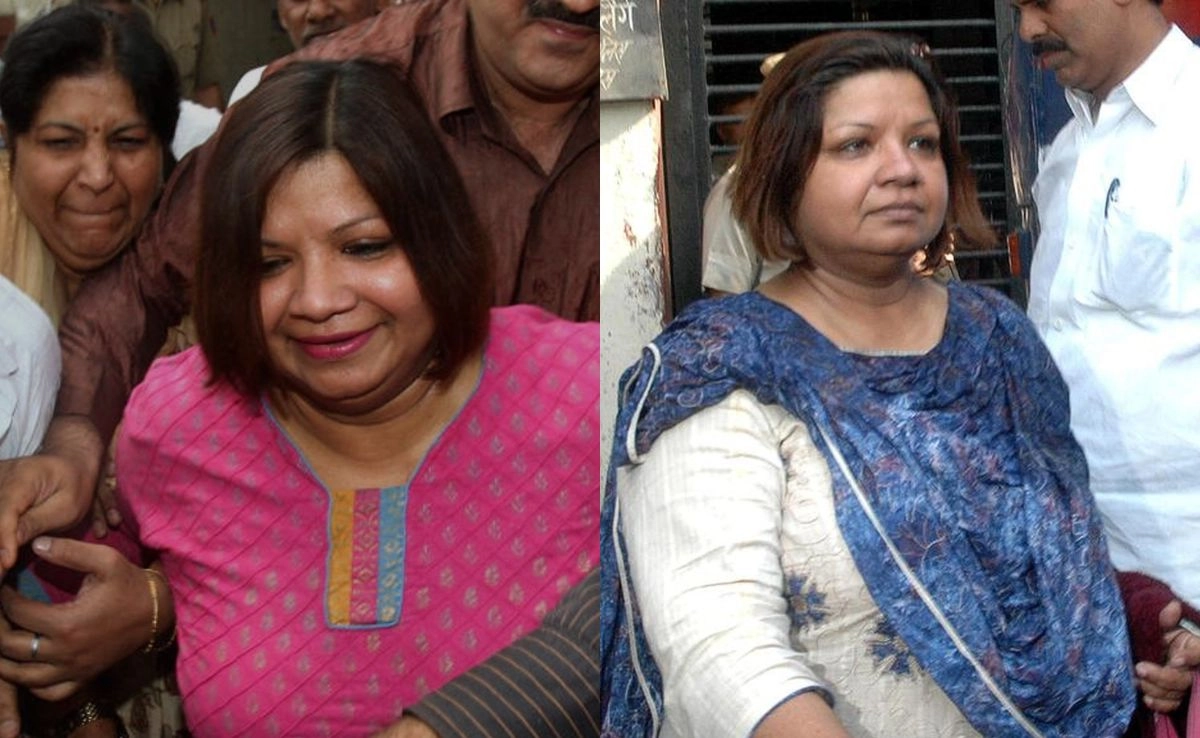An Indian man has been sentenced to jail in Singapore for engaging in a secret second marriage while still legally married to his first wife. This case has drawn attention not only for its legal implications but also for the cultural and ethical dilemmas it presents, particularly within the context of Indian society where marriage is often viewed as a sacred and lifelong commitment. The man was found guilty of bigamy, which is a criminal offense under Singaporean law, highlighting the strict legal framework governing marital relations in the country.
The man had married his first wife several years ago, and despite being aware of the legal prohibitions against bigamy, he went ahead and entered into a second marriage without dissolving his first. This act not only violated the laws of Singapore but also breached the trust and commitment expected in marital relationships. The legal proceedings revealed that the man attempted to conceal his second marriage from his first wife, which raises questions about the ethics of honesty and fidelity in relationships.
In sentencing him, the court emphasized the importance of upholding the law and the need to deter similar offenses in the future. The case serves as a reminder of the complexities surrounding marriage, especially in multicultural societies like Singapore, where individuals from diverse backgrounds must navigate different cultural norms and legal systems. It also highlights the need for awareness and education regarding the legal ramifications of marital infidelity and bigamy, particularly for expatriates who may not fully understand the local laws.
Ultimately, this situation underscores the significance of transparency and communication in relationships, as well as the potential consequences of deception. The repercussions of such actions extend beyond legal penalties, impacting families and communities. As societies evolve and face new challenges, conversations about the nature of marriage, consent, and fidelity become increasingly relevant, prompting individuals to reflect on their values and the implications of their choices.




